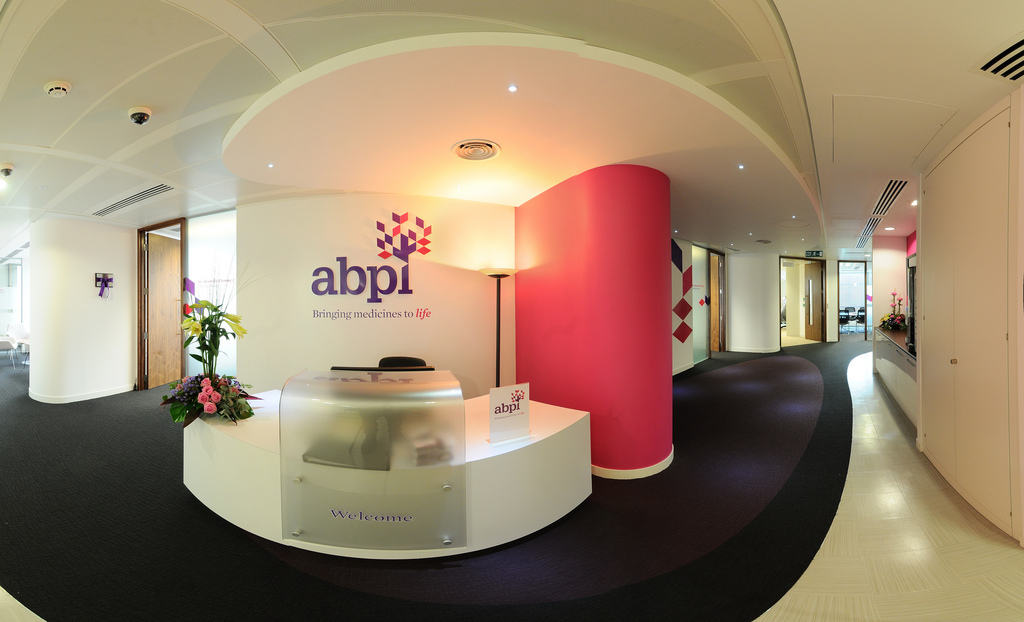
Add value, pharma urged
pharmafile | December 7, 2012 | News story | Medical Communications, Sales and Marketing | ABPI, CCGs, NHS, Pharmafocus, Prescriber
Pharma will only form lasting relationships with the NHS in future by demonstrating its value, according to Kevin Blakemore, NHS partnership manager at ABPI.
“Going in and talking about a product and three key messages isn’t going to work anymore,” Blakemore said at this week’s Pharmafocus and Prescriber conference in London, ‘CCGs, the new NHS and pharma’.
“Partnership implies trust: we are starting to become a valued and important partner, focused on outcomes, quality and productivity,” he went on.
Radical restructure of the NHS – against the backdrop of the £20 billion QIPP target and the launch of Innovation, Health and Wealth – presents significant opportunities for pharma.
“The current environment is more conducive to joint working that it has been for years, perhaps decades,” Blakemore insisted.
The emphasis on local clinicians having power through CCGs over their own communities will help foster this mood, he went on. “Putting people in charge of their own destiny makes a big difference.”
To illustrate his point about joint working, Blakemore cited a project at University Hospital Aintree in Liverpool on the management of nosebleeds – a mild enough problem, yet one which was causing many hospitalisations.
The hospital approached Baxter, whose Floseal product stops noses bleeding quickly, and asked the company to redesign its patient pathway.
Staff were trained to assess whether Floseal should be used when patients presented, with the result that hospital bed use was reduced by 27% and £100,000 was saved.
“That’s £100,000 saved from one A&E department in one hospital,” said Blakemore. “You do the maths. If we start spreading that across other things that are causing the NHS problems, and start demonstrating the value of the medicines we make – that is how we get buy-in.”
The nascent academic health science network (AHSN) is also something that pharma should be keeping an eye on, he suggested.
They have been set up to improve patient outcomes by translating research into practice and developing integrated healthcare systems.
The key thing for pharma is that they have been specifically designed to provide industry with points of access to the NHS – and the expectation is that every local NHS organisation should be affiliated to its local AHSN.
“AHSNs are a huge opportunity for everyone because they mean you can get innovation into the system,” Blakemore said.
Adam Hill
Related Content

Digital mental health technologies – a valuable tool in supporting people with depression and anxiety
The potential benefits of digital mental health technology for managing depression, anxiety and stress, together …

A community-first future: which pathways will get us there?
In the final Gateway to Local Adoption article of 2025, Visions4Health caught up with Julian …

The Pharma Files: with Dr Ewen Cameron, Chief Executive of West Suffolk NHS Foundation Trust
Pharmafile chats with Dr Ewen Cameron, Chief Executive of West Suffolk NHS Foundation Trust, about …






